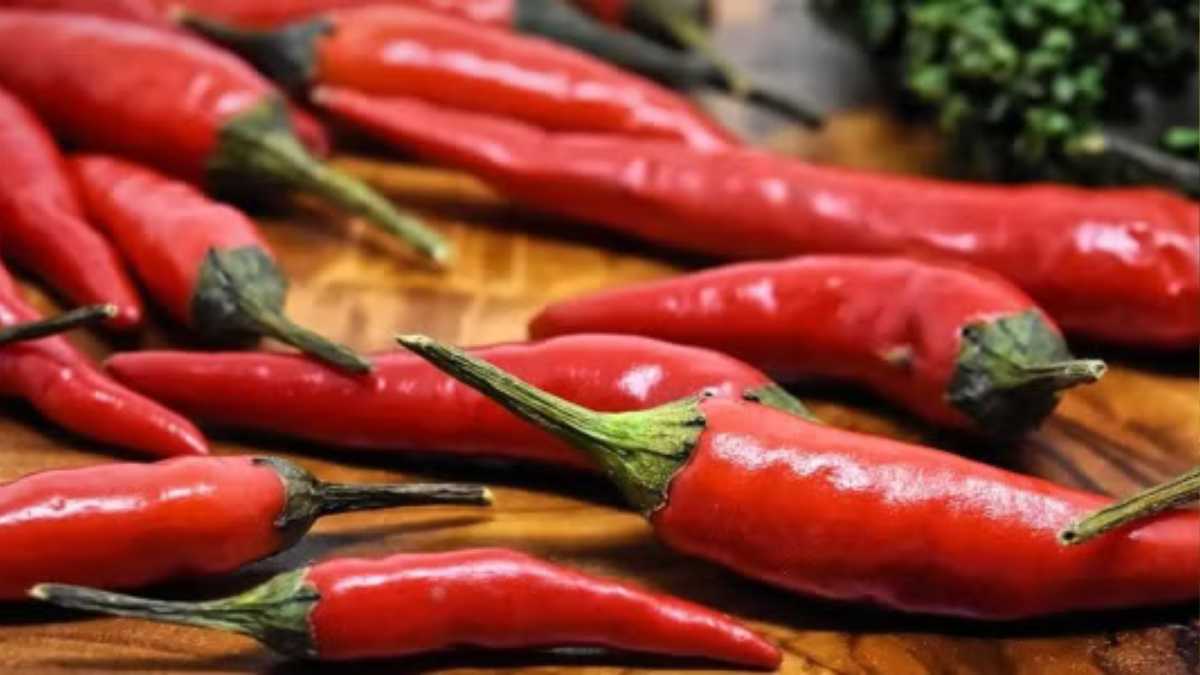Your dish is too spicy? There are several ways to neutralize the heat in food as well as in your mouth. We’ll show you how to do it and which foods can help.
Some people enjoy spicy dishes, while others don’t. In any case, an excess of spiciness (depending on sensitivity) can be unpleasant. Generally, the compound responsible for the heat is capsaicin, which is found, for example, in chili peppers. Other substances like piperine in black pepper also contribute to the heat.
By the way: The heat is less intense and/or lasts less long when people are familiar with the sensation, so when they eat spicy food more often.
If you’ve over-seasoned your dishes or eaten something too spicy, so that your mouth burns, the following ten tips can help you neutralize the heat.
How to neutralize the heat in dishes
If you’ve over-seasoned your dishes, you don’t need to throw them away. With a few simple steps, you can save your seemingly ruined dish. Depending on the dish, here are some ways to neutralize the heat in food:
- Add fat: Fats bind pungent substances. Many dairy products are rich in fat. So add to your dish, for example, mascarpone, milk, cream, sour cream, yoghurt or fromage frais. If possible, opt for organic products. For the well-being of animals and the climate, however, we recommend using vegan fat sources: coconut milk and neutral cooking oil, vegan butter or margarine are also suitable.
- Skim off the fat: If your dish is already fatty due to the ingredients used, fat usually forms on the surface after long cooking. As this is where the pungent substances bind, you can skim them off with the fat. If necessary, add more oil, let the dish cook a little longer and then skim it off again. This only works, however, if you can heat the dish for longer without it boiling or altering the taste.
- Add sugar: Sweeteners like sugar or honey can counteract the spiciness. However, this only helps against a slight sensation of spiciness. Make sure you don’t add too much sugar either, as this can alter the taste of the dish. Instead, try a teaspoon at a time.
- Increase the quantity: Add more of the other, non-hot ingredients. Increase the quantity proportionally. This will reduce the proportion of spiciness and soften the dish. If you have too much food, this is not a problem: you can, for example, freeze the remaining food in glass jars.
- Add liquids: In the same way as increasing the quantity, add liquids such as water, vegetable stock, milk, cream or wine.
- Cook raw vegetables with : Add raw vegetables such as potatoes or carrots and let them cook for a while. They absorb not only the liquid, but also some of the pungent substances. If the vegetables don’t suit your dish, you can remove them afterwards. Keep the vegetables and eat them at another time, or use them in other dishes.or use them in other dishes.
Foods that neutralize the heat in the mouth
If you’ve eaten something too spicy, you can alleviate the burning sensation. Some products can neutralize the heat directly in your mouth:
- Fat: Capsaicin is soluble in fats. That’s why fatty foods like milk, mascarpone, yogurt, or cottage cheese with a high fat content are useful for alleviating the burning sensation. Mango lassi or buttermilk are also good to drink.
- Oil is also helpful; you can rinse it pure in your mouth or use a mixture of oil and water. But beware: Avoid drinking water. This exacerbates the heat sensation because the capsaicin spreads in the mouth.
- Protein: Casein, a protein present in milk and dairy products, dissolves capsaicin in the mouth. Foods containing casein, like milk or buttermilk, are therefore suitable for neutralizing the heat.
- Sugar: Drink a sweet solution or let a spoonful of honey melt in your mouth. Honey also has an antibacterial effect and is considered a versatile home remedy.
- Bread: Chew bread a little longer so that it can “scrape” and absorb the capsaicin in your mouth. You can also combine bread with proteins, such as toasted bread with mascarpone.
General tips to avoid overly spicy dishes
In general, there are a few other methods to neutralize the heat in food from the start:
- Approach spicy spices slowly by gradually increasing the quantity. If you’ve added too much of a spicy spice, try to roughly remove it before stirring. Use whole chili varieties instead of chopped, dried, or powdered chili.
- This way, you have the option to let the chilies simmer a bit and then remove them. Remove the partitions and seeds from the chilies. They are particularly spicy.
- If you’re using preserved chilies, rinse them before using. Try the spices you use pure. This way, you’ll know how they taste and how spicy they are. With this knowledge, you can season your dishes more targeted.
- Serve accompaniments like bread or rice with spicy dishes.



